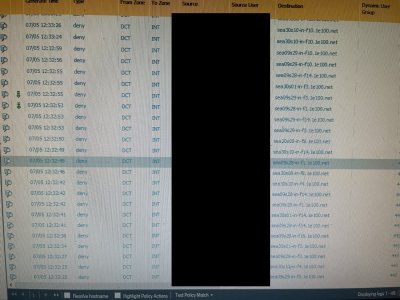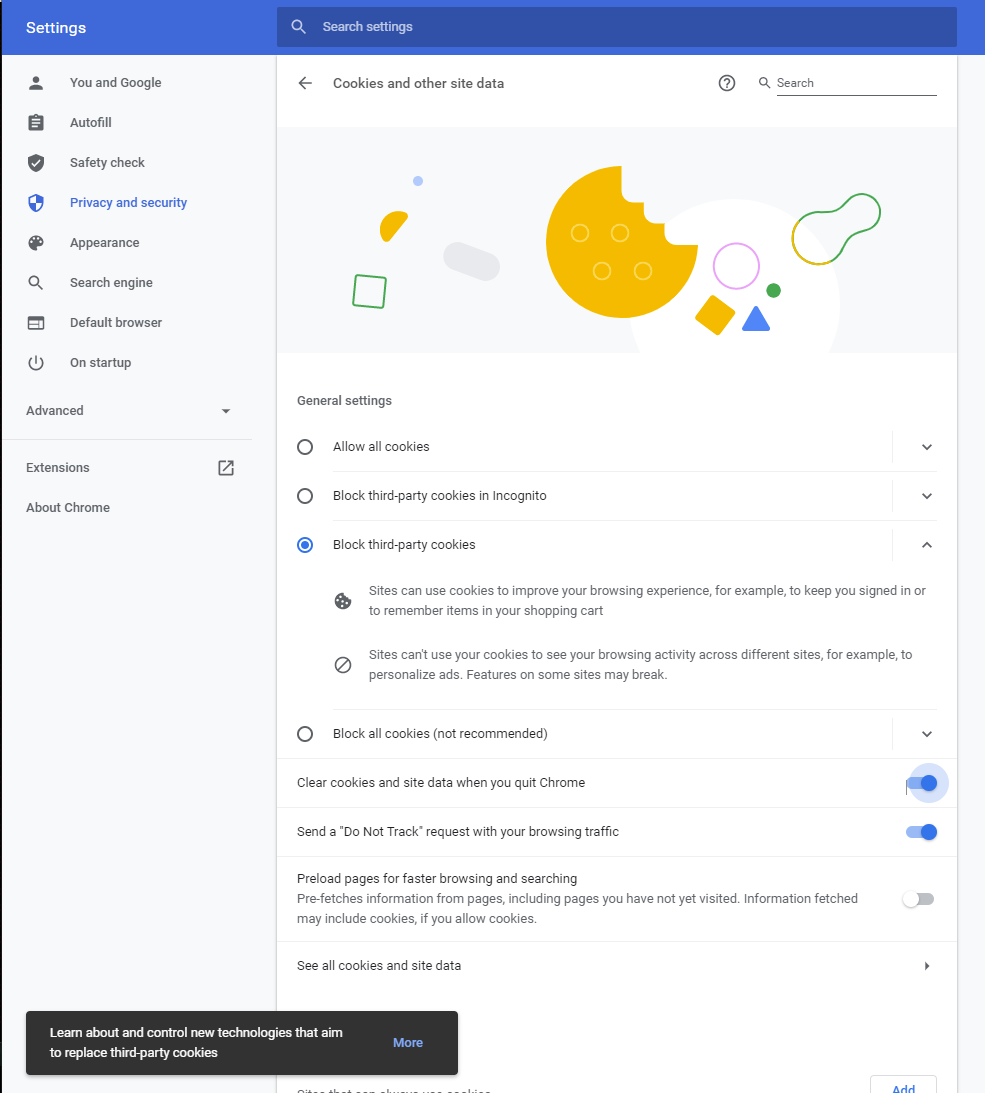MrGuvernment
Fully [H]
- Joined
- Aug 3, 2004
- Messages
- 21,793
https://www.forbes.com/sites/zakdof...ne-android-mac-and-pc-after-privacy-backlash/
But until this week, Google has been telling us that it’s fixing the problem, delivering its self-styled privacy first web. “Chrome [has] announced its intent to remove support for third-party cookies” by early 2022, the company assured us in March. “We’re making explicit, that once third-party cookies are phased out, we will not build alternate identifiers to track individuals as they browse across the web.”
But now it’s all change. Whether by accident or design, Google confirmed its surprise delay to this removal of tracking cookies in among the news of iOS 15 and Windows 11. The likely new timeframe to “phase out third-party cookies [is] a three month period, starting in mid-2023 and ending in late 2023.”
Google and the ad industry “will continue to track and profile users via cookies until at least 2023,” Brave responded, “and probably indefinitely via login-based Google account tracking in Chrome. But online privacy is a swelling wave. Google is already under water and appears to be in desperate need of major reforms well before 2023.”
Meeting the needs of the advertising industry, while preserving the privacy of 2.6 billion users, is starting to look like an impossible puzzle for Google to solve. “It’s as though Google has defined two sides,” researchers Tommy Mysk and Talal Haj Bakry told me. “User privacy and advertisers. So far Google has sided with advertisers.”
![[H]ard|Forum](/styles/hardforum/xenforo/logo_dark.png)



